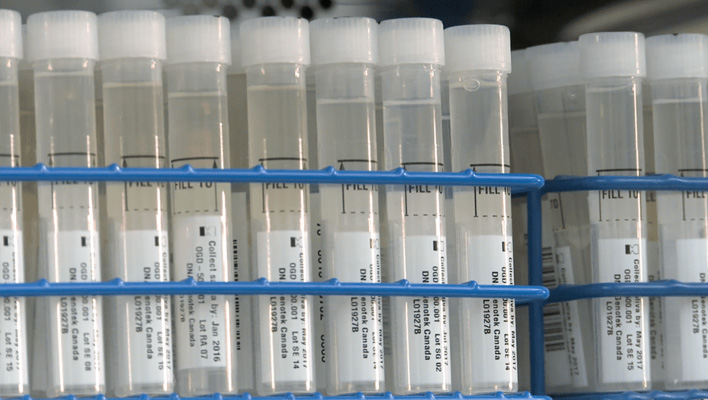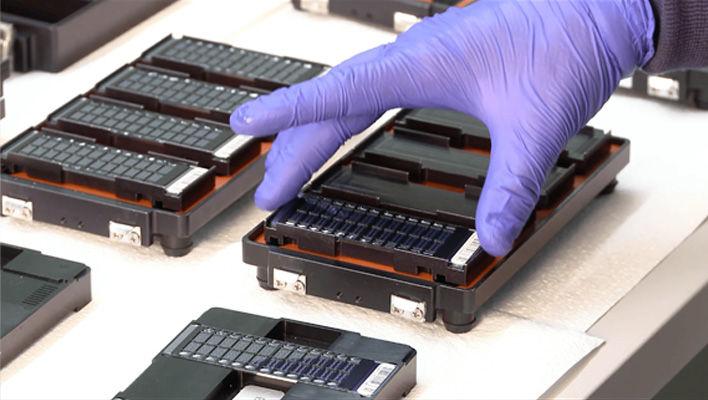23andMe, the popular genetic testing service with DNA samples collected from millions of Americans, announced it is voluntarily filing for Chapter 11 bankruptcy. News of the pending bankruptcy came mere weeks after 23andMe's board rejected an acquisition proposal from the company's co-founder and CEO Anne Wojcicki. Instead, it will look to restructure its debt and find a buyer elsewhere, leaving existing customers to wonder what will happen to their DNA data.
What Is Chapter 11 Bankruptcy?
There are several different forms of bankruptcy, with Chapter 7, Chapter 11, and Chapter 13 the most common. There is no right or wrong form, just different means to a desired end.
Chapter 11, which is the path 23andMe has chosen, allows a company to restructure its debt so that it can continue to operate. This differs from Chapter 7, which involves liquidating all assets to pay off debts before going out of business, and Chapter 13, which is a small business repayment plan that typically applies to individuals.
You can visit
Debt.org for more in-depth explanations on the various modes of bankruptcies (for both individuals and bankruptcies), but the main takeaway here is that 23andMe is looking to restructure its debt as part of a
court-supervised sale process.
23andMe's Promise And What You Can Do
If you're a 23andMe customer, it's only natural to be concerned about your DNA data. In an
open letter, the company is saying all the right things, such as promising that DNA data will remain protected throughout this process (and after).
"The Chapter 11 filing does not change how we store, manage, or protect customer data. Our users’ privacy and data are important considerations in any transaction, and we remain committed to our users’ privacy and to being transparent with our customers about how their data is managed. Any buyer of 23andMe will be required to comply with applicable law with respect to the treatment of customer data," 23andMe states.
23andMe goes on to reiterate the above statement in the FAQ section of the open letter, while also saying it will continue to sell DNA testing kits and proceed with business as usual.
That's all well and good, but the reality is, this is not business as usual. It's Chapter 11 bankruptcy, and that means the stewardship of your DNA data will ultimately be the responsibility of a different owner once a sale is complete. And as of this moment, no buyer has been announced. We only know that, barring a revised offer, it won't be Wojcicki, who posted her disappointment on X.
Should you be concerned? Sure—the very act of going Hawk Tuah on a DNA testing kit comes with inherent risks. We saw this play out in December 2023 when 23andMe
disclosed a data breach impacting 6.9 million user profiles to the SEC.
It's not just data breaches to be concerned about, though. Data experts
relayed to NPR that there aren't many federal protections in place for this sort of thing. For example, Anya Prince, a University of Iowa law professor who studies health and genetic privacy, told the site that HIPPA doesn't apply to direct-to-consumer companies like 23andM3. According to Prince, about the only protection is a law called the Genetic Information Nondiscrimination Act that bars employers and health insurance companies from discriminating against people based on genetic profiles.
"That's pretty much it on the federal level," Prince said.
So, what can you do? There are really two main options. The first is to trust that 23andMe will keep good on its promise in find a buyer that is committed to protection your DNA data. Alternatively, you can opt out of 23andMe's research by updating your consent status and/or delete your data and account entirely.
"Customers still have the ability to delete their data and 23andMe account. We remain committed to our users’ privacy and to being transparent with our customers about how their data is managed," 23andMe states in its open letter.




